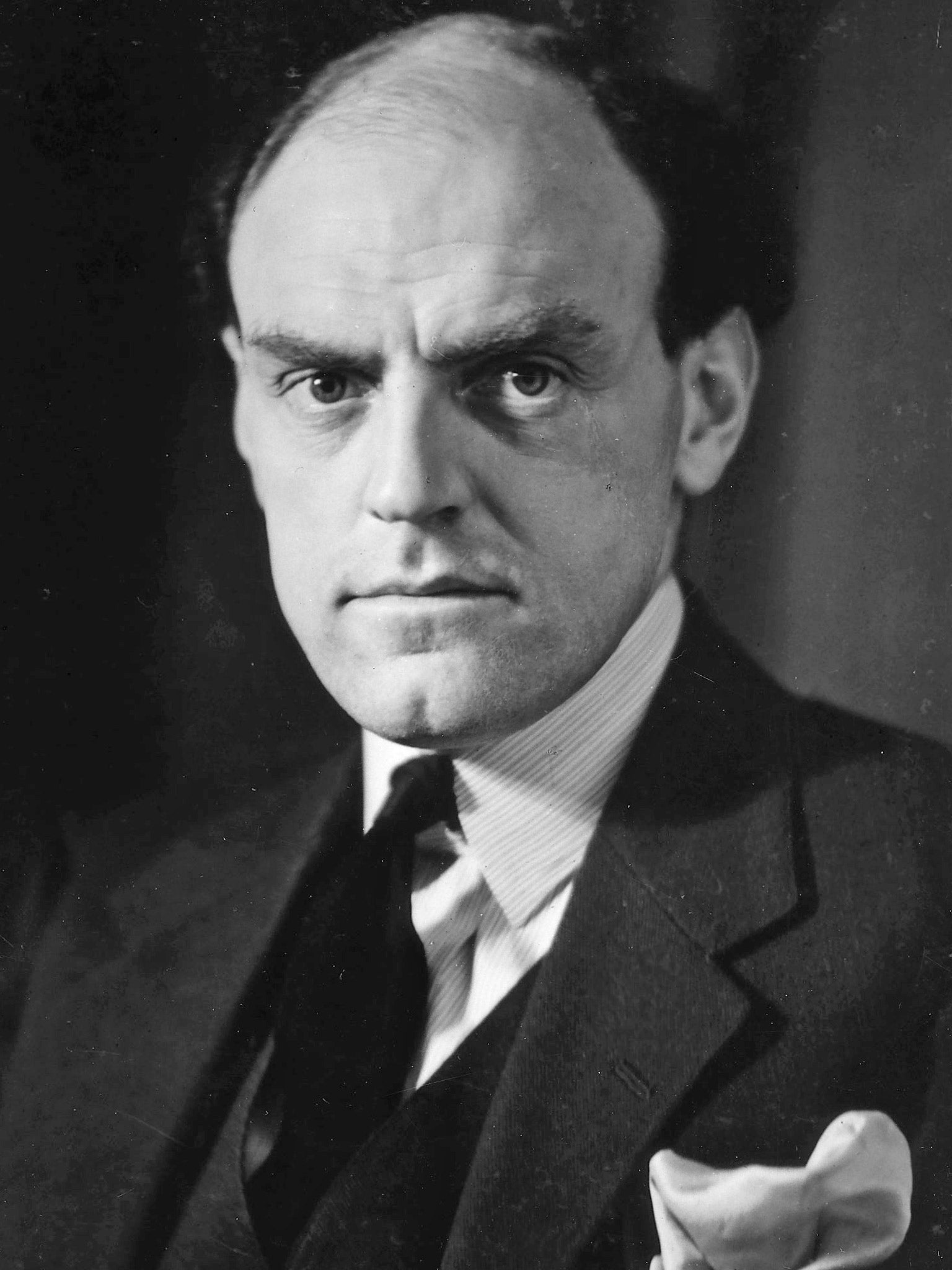The Week In Radio: It's the BBC's 90th birthday... but where's the party?

Your support helps us to tell the story
From reproductive rights to climate change to Big Tech, The Independent is on the ground when the story is developing. Whether it's investigating the financials of Elon Musk's pro-Trump PAC or producing our latest documentary, 'The A Word', which shines a light on the American women fighting for reproductive rights, we know how important it is to parse out the facts from the messaging.
At such a critical moment in US history, we need reporters on the ground. Your donation allows us to keep sending journalists to speak to both sides of the story.
The Independent is trusted by Americans across the entire political spectrum. And unlike many other quality news outlets, we choose not to lock Americans out of our reporting and analysis with paywalls. We believe quality journalism should be available to everyone, paid for by those who can afford it.
Your support makes all the difference.In another universe, this would have been the mother of all office parties. Senior editors would have been caught on smart-phones dancing Gangnam style on their desks, a bottle of bubbly in one hand and a hunk of birthday cake in the other. Arses would have been hoisted on to photocopiers, with the choicest images used to add a layer of soundproofing to the Loose Ends studio. Chris Patten and George Entwistle would have popped by, all smiles and laughter, for a spot of karaoke. And we, the licence-fee payers, would have tipped our hats and said: "Nice job, chaps. Have a drink on us."
Given that this week is the 90th anniversary of the BBC's first ever radio broadcast, staff should, by rights, be celebrating. But as the corporation endures the biggest meltdown in its history, one can only surmise that the moment passed with some poor sap feeding party invitations into a shredder while their colleagues wept quietly on their keyboards.
There have, of course, been documentaries, though the sound of popping champagne corks was conspicuous by its absence on Archive on 4 in which Roger Bolton examined the life of John Reith, the corporation's first Director-General whose surname has become a byword for the BBC's – ahem – superior practices and values.
Only it turns out that Reith was a colossal pain in the backside, an egotist and a tyrant who believed he was ordained by God to preside over the new broadcasting world, and who paused before accepting a knighthood since he felt he had earned something grander. Reith made the lives of professional underlings and his family a misery. If the Beeb wants to turn things around, it might want to stop banging on about "Reithean principles" and come up with a set of values dreamt up by someone who wasn't a pathological bully.
In Music in the Air: a History of Music Radio on Radio 2, Paul Gambaccini told the tale of Reginald Fessenden, who successfully transmitted a recording of Handel's Largo from the coast of Massachusetts on Christmas Eve, 1906, for the benefit of homesick sailors. It was the first piece of music ever played on radio. Daily transmissions began by the British Broadcasting Company (later superseded by the British Broadcasting Corporation) on 14 November 1922, with dance bands being introduced six weeks later, beamed from the Savoy Hotel.
There have been further programmes to mark this milestone in BBC radio including last night's Radio Reunited, a momentous three-minute simulcast from all 60 BBC radio stations – perhaps the closest they're going to get to a cross-channel knees-up.
Should we really begrudge the BBC a chance to celebrate? If you were one of the millions who tuned in to hear Entwistle being mauled by John Humphrys on Today, you may well have decided that a glass of warm Liebfraumilch is too good for 'em. But in what is depressingly being termed the "post-Savile" era, moments of levity are few and far between.
Misguided and sloppy as the BBC has been, isn't it also worth remembering what minor miracles it pulls off on a daily basis? Should you need convincing, I would refer you to The Listening Project, which on Friday featured an extraordinary, blub-inducing discussion about friendship and forgiveness between Thea, a Jewish German who escaped to Britain at the outbreak of the Second World War and whose father was killed in a concentration camp, and Brigitte, whose father served in the German army. BBC broadcasting is full of moments like these – I could fill this whole paper with examples from the last week alone. Amid the turmoil of recent weeks, they should be cherished more than ever.
Join our commenting forum
Join thought-provoking conversations, follow other Independent readers and see their replies
Comments